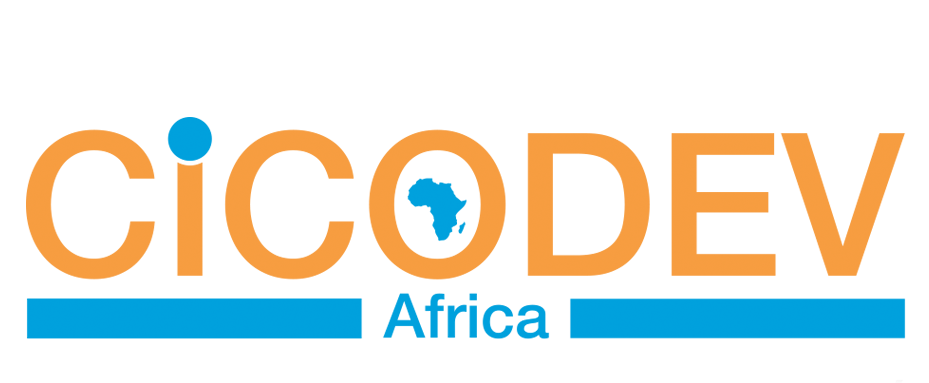52% of health care is paid by households, said Amadou Kanoute, executive director of CICODEV Africa yesterday. He met with women members of Village Savings and Credit Associations (AVEC) and other organizations at the Thies stage of a national tour.
That’ s a lot! 52% of health care is paid for by households. For Amadou Kanouté, Executive Director of the Pan-African Institute for Citizenship, Consumers and Development (CICODEV Africa), this is enough to point out that “the big problem in health today is its financing.” He notes: “The national health accounts say that for each health care procedure performed, 14% is paid by public aid, 24% by the state, 5% by the private sector, 1% by local authorities and 52% by households. This is too much.” These revelations were made by Mr. Kanouté who was meeting with women members of Village Savings and Credit Associations (AVEC) and other organizations at the Thiès stage of a national tour. He said: “When you go to our households, only four out of ten people, perhaps only four, work to pay for schooling, clothing, recreation, food, water and electricity … for the others”. He believes that “it would be too much to ask households that already bear 52% of the costs of health care to put more resources into health care, when they have other priorities as well as the State “. It is at this moment, he says, “that we said to ourselves that we must devise other means by which we can finance health.” These are, he continues, endogenous health financing mechanisms. “You take the ones that drain millions of CFA francs. The proof, according to a study, is that the Federation of Village Savings and Credit Associations (FAVEC) of Saint-Louis has raised no less than 600 million CFA francs per year. However, most of these millions go to consumption, and not investment, because today we have to consider health as an investment. Our work is to sensitize and inform them so that they get the health care aspect out of these millions of CFA francs that they have been able to raise. Also not to wait to be enlisted in the family security scholarships.” In his eyes, ” free health care policies are excessively expensive and undermine our development policies. ” We must therefore, according to CICODEV’s executive director, find a way in which communities can contribute to their health care by paying 3,500 CFA francs. “You can be poor, but that doesn’t mean you’re not productive,” explains Mr. Kanouté.
Source: https://www.lequotidien.sn/

